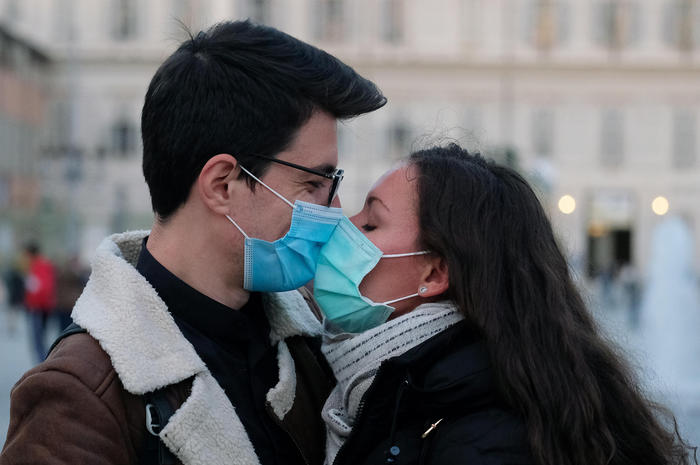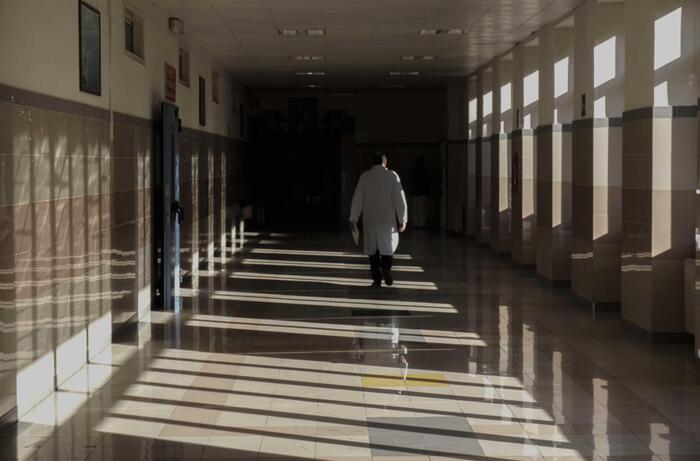Italians agree with the obligation to wear a mask everywhere are 80% of the total
(the figure rises to 86% among women).
More favorable to the Center (85.6%) and the South (83.1%), less in the North-West (78%) and the North-East (71.6%).
In particular, three out of four workers want mandatory masks everywhere, even in the company, under penalty of a fine for offenders.
More favorable are the executives (84.2%) and graduates (80.7%).
These are some of the results of the Censis-Eudaimon instant report "Working during and after Covid-19: why corporate welfare is important", created by Censis in collaboration with Eudaimon, leader in corporate welfare services, with the contribution of Credem, Edison and Michelin.
-
Ready for the second wave
.
83.7% of Italians are ready to face the health emergency and the restrictions they had been preparing for for some time.
For 66.1% their Region is ready (the figure increases to 83.2% in the North-East and drops to 65.1% in the South and the islands, to 64.4% in the Center, to 56.4 % in the Northwest).
For 55.1% the government is ready (54.1% among young people, 62.8% among the elderly).
And for 63.1% of workers their company is ready.
Fear yes, but this time no "surprise effect" from the virus.
The Italians have prepared themselves psychologically and materially for the second wave, even within companies.
-
But it is no longer the work it was before Covid-19.
It is already clear that due to the health emergency, work has changed forever.
Almost half of the employed (45.9%) think so, in particular millennials (57.3%) and blue-collar workers (52%).
According to 44.3%, fatigue and stress increased.
However, autonomy in commitments and working hours remained the same according to the majority (63.7%), while it only worsened for 18.2% (on the contrary, it increased for 18%).
But for 25.3% of employed people it is now more complicated to reconcile work, family and free time.
-
Much better to work from home.
24.4% of the employed experienced forms of remote work: 34.8% among executives, 27.2% among white-collar workers, only 11.3% among blue-collar workers.
The reconciliation of work, family life and free time has improved much more for smart workers than for workers forced into physical presence: 41.6% of the former against only 13.1% of the latter.
In particular, for 44% of those who work remotely, the management of children has improved: a percentage that falls to 15.1% among those who do not work remotely.
Compared to the pre-Covid period, for 24% of smart workers their work has improved in general, but only 7.6% of those who do not work remotely think so.
-
The challenge for corporate welfare
.
For 46.1% of workers (59.5% of managers, 44.8% of office workers, 45.7% of workers) the health emergency has further complicated family life and has profoundly differentiated the conditions of I work in companies.
"Here - reads the research - the challenge that Covid-19 has launched for companies: being able to make people with very different work and personal life situations cooperate. The increased value of corporate welfare will emerge from this challenge: guaranteeing services adapted to very different personal and working conditions, intercepting everyone's needs and providing them with the necessary services. Thus reducing stress and tension, and improving the quality of life for all ".








